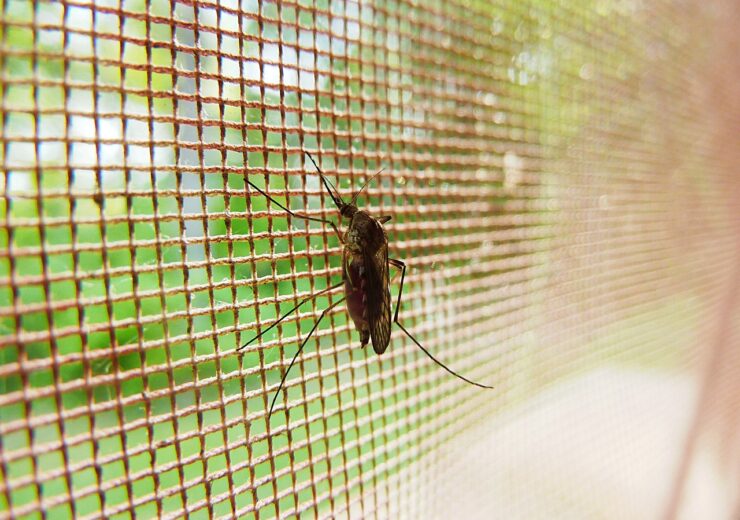The US-based biopharma company is now focusing its multi-pronged malaria programme to address the chronic malaria crisis in sub-Saharan Africa

Ocean Biomedical’s mRNA-based vaccine was found to be effective against malaria in a multi-pronged malaria programme. (Credit: PublicDomainPictures from Pixabay)
Ocean Biomedical has announced that its mRNA-based vaccine candidate has killed 90% of malaria parasites in non-human primates, showing the potential for the company’s programme to tackle malaria challenges in the US and the rest of the world.
The US-based biopharma company is now focusing its multi-pronged malaria programme to fight the chronic malaria crisis in sub-Saharan Africa. The programme will also identify new global malaria challenges.
Ocean Biomedical said that it is working on the multivalent mRNA-based malaria vaccine to target various stages in the malaria cycle.
The company claims to have found a new therapeutic approach to possibly launch a whole new class of anti-malarials.
Ocean Biomedical CEO Elizabeth Ng said: “With the rising resistance to Artemisinin-based drugs in sub-Saharan Africa, it is imperative that we get new malaria therapeutics into the drug development pipeline.
“We are pleased to be working on multiple solutions to this ongoing global health crisis, and to have the opportunity to share it with some of the nation’s top malaria researchers.”
The additional findings from the company’s malaria programme include a monoclonal antibody that kills 94%-99% of malaria parasites in culture and a small molecule drug that kills 100% of parasites at low nanomolar concentrations.
Ocean Biomedical holds multiple US and global patents for both the vaccine and therapeutic approaches.
Its malaria vaccine programme is based on discoveries by the firm’s scientific co-founder Jonathan Kurtis. It has provided new insights into how homeostasis are maintained by malaria parasites in their hosts.
Kurtis has identified three antigens that are active in the red blood cell phase and the survivability and reproduction capabilities of the parasites can be reduced by regulating the action of those antigens, particularly PfGARP.
The company has discovered and manufactured a monoclonal antibody that binds to PfGARP and causes the malaria parasite to kill itself.
This research builds on Kurtis’ finding that PfGARP is potentially a highly effective vaccine target for malaria.
Ocean Biomedical is now able to pursue the development of both a novel malaria vaccine and innovative malaria therapies at the same time because of this confluence of discoveries.
